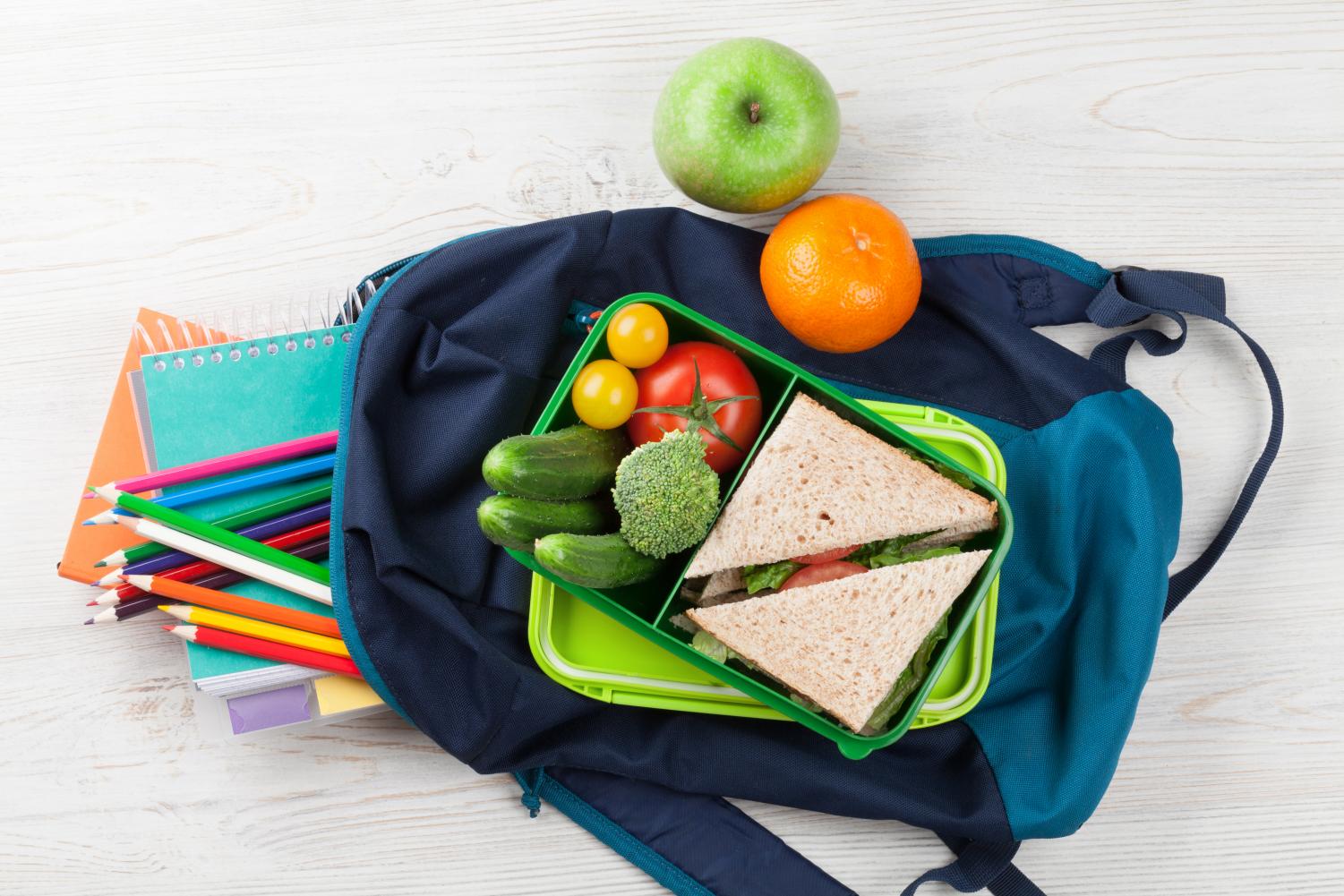To Snack or Not to Snack (While Studying)?

Are you someone who loves to munch away on nachos while editing a video or reading Proust? Do you sometimes not notice how much or what you eat? Don’t worry, you’re not alone. Students are notorious for snacking while studying.
It is absolutely normal for people to have cravings while studying and working, which is why nutrition experts say you should eat food that is high in protein. That’s because the neurotransmitters in our brains are made up of protein. And since those little guys help manage the body’s concentration, heart rate, and more, “feeding” them is the ultimate act of self-care!
So, besides protein, what else should you chow down on? Foods that are high in Omega 3 fatty acids since they help deliver more oxygen to the brain, according to Tamara Mirza, a nutrition program coordinator at Qatar Foundation.
Here are Mirza’s top choices for snacks that improve concentration:
- Almonds
- Fruits such as apples, bananas, oranges, berries (high in antioxidants)
- Greek yogurt
- Edamame
- Small quantities of good quality dark chocolate
- Avocado
- Vegetables such as tomatoes, carrots, broccoli and spinach
- Air-popped low salted popcorn (high in fiber, low in calories)
Not everyone is a big fan of snacking though.
“I prefer not to snack while I study because [it’s a distraction], and I eat mindlessly rather than because I’m hungry,” said Iman Ismali, a student at Georgetown University in Qatar.
Snacking too much can also fill you up to the point that you forget to sit down for a well-rounded meal, which will leave out vital nutrients from your diet.
But snacking is always better than plowing through your homework on an empty stomach. Hunger increases fatigue and irritation, which can limit the amount of information your brain retains in a studying session, according to Oxford Learning.
“Snacking keeps me going and energetic, and If I don’t snack, I’ll feel sleepy,” said Marwa Al Kalbani, a Virginia Commonwealth University School of Arts Qatar student.
So, if you’re craving a snack, give in. Just be sure to chew on something healthy. Otherwise, all your studying might be in vain.
“Having snacks while studying is [a] good thing if the snack is healthy. Unhealthy snacks include high sugar snacks, fatty snacks, caffeine and nicotine. These snacks provide temporary energy which will not last long and have many bad long term effects,” Mirza said.
And when in doubt, stick to a schedule. Mirza’s schedule, specifically:
“Every student needs to eat three main meals and three snacks daily in order to give nutritional support for their bodies and brains. They need to have protein in each meal to stabilize brain energy.”
Seriously, don’t forget the protein. Your neurotransmitters will thank you!












